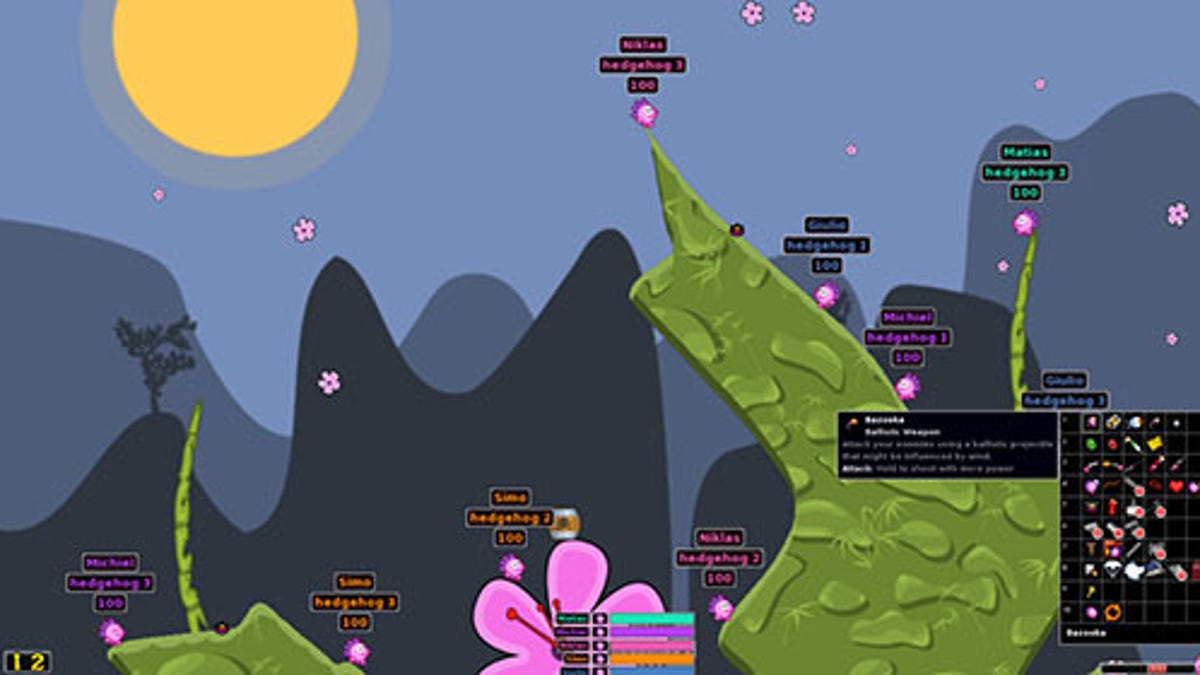Playing video games makes opponents think and feel alike
New research out of Finland suggests that empathy may actually provide a competitive advantage to help anticipate an opponent's next move.

Researchers in Finland say they've found that even when a video game is competitive, playing it appears to bring emotional responses and brain activity in sync.
In fact, the effect actually increases as a game gets more competitive, the researchers out of the Helsinki Institute for Information Technology, the University of Helsinki, and Aalto University -- all in Finland -- report in the journal PLOS One.
In the study, participants played the game Hedgewars, which involves both managing one's own team of hedgehogs and using ballistic artillery to destroy as many of the opposing team's hedgehogs as possible. Basically, whoever kills more hedgehogs wins. To mix up the type and degree of competition, sometimes the players were playing one another, other times the computer.
All the while, the players were being monitored using facial electromyography (fEMG) to measure facial muscle reactions and electroencephalography (EEG) to measure brain activity.
The researchers found that, as similar previous studies have observed, players displayed similar emotions and brain waves at similar points in the game. But this time, they also observed something that at first may seem counterintuitive: As the game got more competitive, not only did the players' negative emotions increase, but their positive emotions actually began to reflect each other as well.
The researchers say they're excited to delve into this phenomenon further, and currently posit that feeling the emotions of an opponent seems to carry a competitive advantage, helping to better anticipate next moves, reactions, and the like. Keeping one's enemies close comes to mind.
They also suggest that another way to interpret the results is that as the social bond of competitors begins to falter in a competitive setting, they may subconsciously link their emotions to compensate. After all, the opponents in this setting were all friends (25 male pairs and 16 female pairs were recruited to take part in the study), so this emotional linkage may be more prominent when this friendship is threatened during competition.
At least this much is clear: You kill my hedgehog, I kill yours.

